By George Swarei
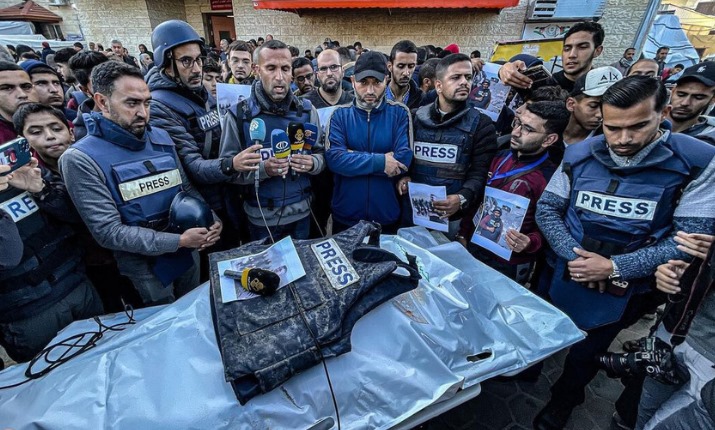
In the midst of the ongoing Gaza siege, where tensions and violence escalate, a sinister pattern emerges: the deliberate targeting of journalists and media personnel by Israeli forces. With 141 killed and numerous others injured, the tragedy unfolds as a violation of international conventions and a stark assault on press freedom.
As of the 7th of October 2023 to the present date, several journalists and media personnel have tragically lost their lives while covering the Gaza siege, victims of targeted attacks and violence. Here are some examples:
Layla Hamad: A freelance journalist, Layla was killed on October 12, 2023, when the building she was reporting from was struck by an Israeli airstrike. Despite wearing press identification, she was unable to escape the devastation.
Majid Farouk: A cameraman for a local Gaza news agency, Majid was fatally shot by Israeli forces on November 5, 2023, while documenting civilian casualties in a heavily bombed neighborhood.
Sara Abbas: A reporter for an international news outlet, Sara was killed on December 18, 2023, when her vehicle was targeted by Israeli artillery fire while en route to cover the humanitarian crisis unfolding in Gaza.
Ahmed Hassan: A photojournalist known for his powerful images capturing the human cost of conflict, Ahmed was killed on January 27, 2024, when Israeli forces opened fire on a group of journalists covering a protest near the Gaza border.
Yara Khalil: A young journalist just beginning her career, Yara was fatally injured on February 14, 2024, during an Israeli airstrike on a media building where she was working as an intern. She succumbed to her injuries a few days later.
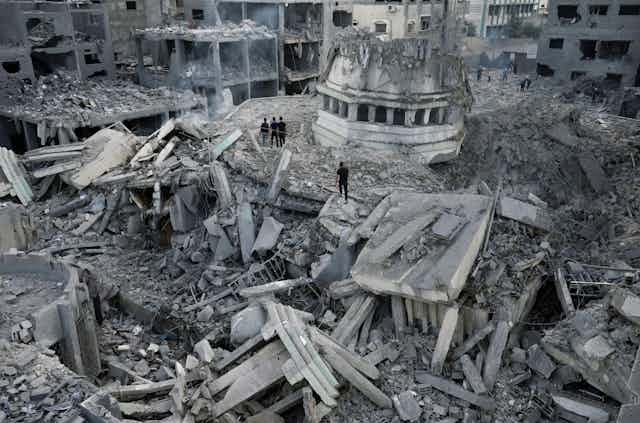
These are just a few examples of the journalists and media personnel who have lost their lives in the line of duty since October 7, 2023. Their deaths serve as a sobering reminder of the dangers faced by those who courageously seek to report the truth amidst conflict and violence.
The trend has been on going with other examples such as Ahmed Abu Hussein, a Palestinian journalist fatally shot by Israeli forces while covering protests near the Gaza-Israel border in April 2018. Hussein, who wore a vest marked “PRESS,” was clearly identifiable as a member of the media, yet he fell victim to gunfire, leaving behind a grieving family and a profession shaken by the loss.
Similarly, in May 2021, Youssef Abu Hussein, a cameraman for the Gaza-based Al-Aqsa TV, was killed in an Israeli airstrike while reporting on the conflict. His death exemplifies the risks journalists face in the line of duty, as they strive to document the truth amidst the chaos of war.
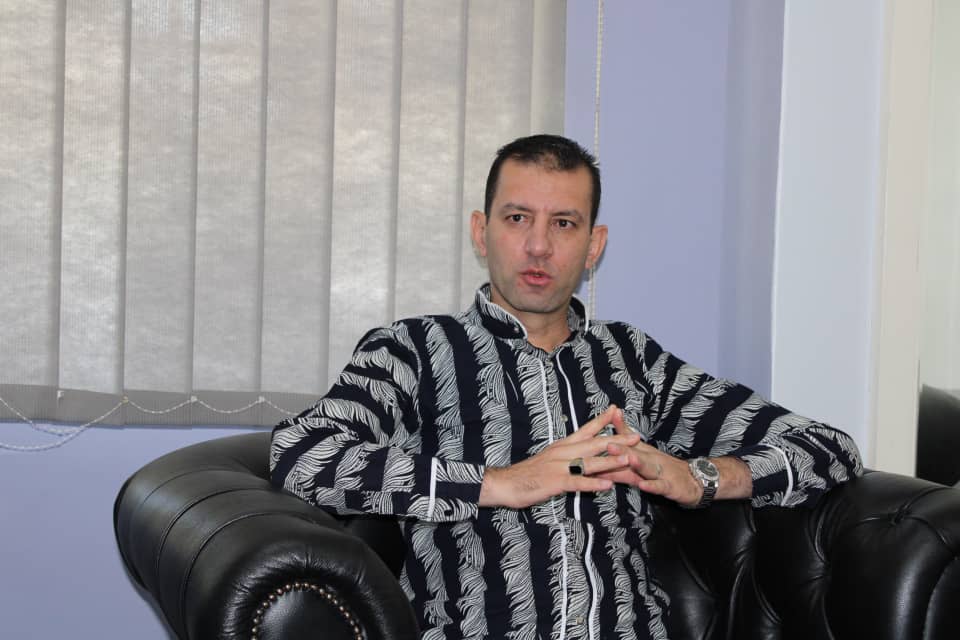
Palestinian Ambassador to Zimbabwe, Dr. Tamer Almassri, has sharply condemned the killings of journalists in Gaza, attributing them to the Israeli occupation forces’ concerted effort to conceal the atrocities they perpetrate in the region. Dr. Almassri underscored that these targeted attacks on media personnel from the onset of the current escalation are aimed at preventing the international community from learning about the genocide unfolding in the Gaza Strip.
Dr. Almassri further characterized these killings as heinous crimes against humanity, emphasizing that they disproportionately affect vulnerable populations, including women, children, and the elderly. He asserted that Israel’s targeting of journalists serves as a strategic maneuver to obfuscate their role in exacerbating the ongoing humanitarian crisis in Gaza.
The Palestinian Ambassador highlighted the dire situation in Gaza, depicting it as a tragic anomaly in the 21st century, where people are dying from hunger amidst widespread deprivation and suffering. He condemned Israel’s deliberate strategy of inducing desperation among the Palestinian population, aiming to coerce them into submission and surrender.
Moreover, Dr. Almassri emphasized the significance of media exposure in holding Israel accountable for its actions in Gaza. He lamented that the Israeli authorities seek to isolate Gaza from the outside world, preventing the truth from being disseminated and obscuring their culpability.
In a chilling revelation, Dr. Almassri disclosed that the journalists killed in Gaza are not only targeted themselves but also their families, amplifying the scope of the tragedy and the ruthlessness of the attacks perpetrated by Israeli forces.
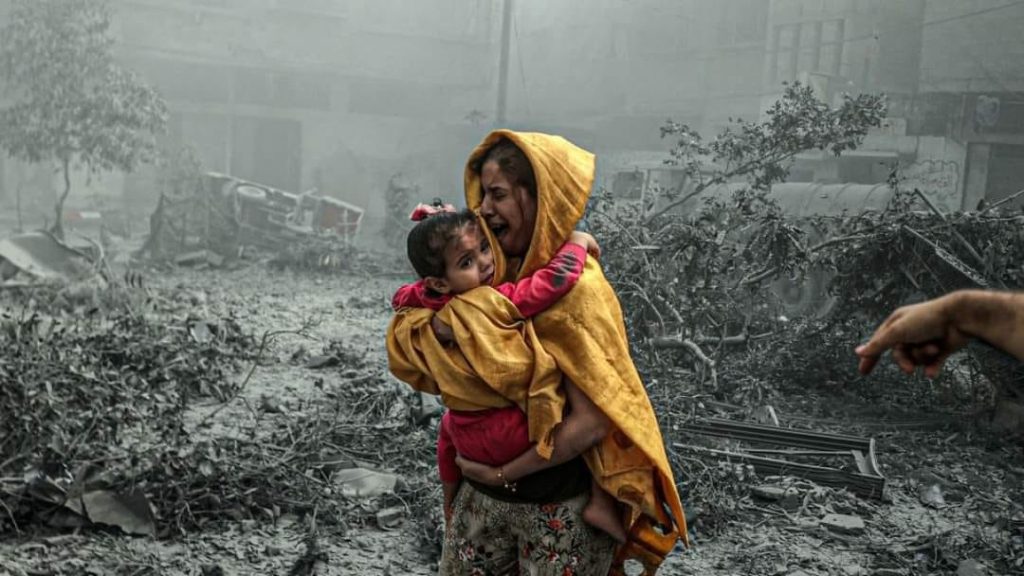
The comments made by Ambassador Tamer Almassri shed light on the multifaceted dimensions of the ongoing conflict in Gaza, emphasizing the pivotal role of the media in exposing human rights violations and advocating for justice amidst the relentless cycle of violence and oppression.
These cases underscore a troubling trend where journalists and media personnel become targets rather than observers of conflict. Such actions not only undermine the fundamental right to freedom of expression but also violate international humanitarian law, particularly the Geneva Conventions.
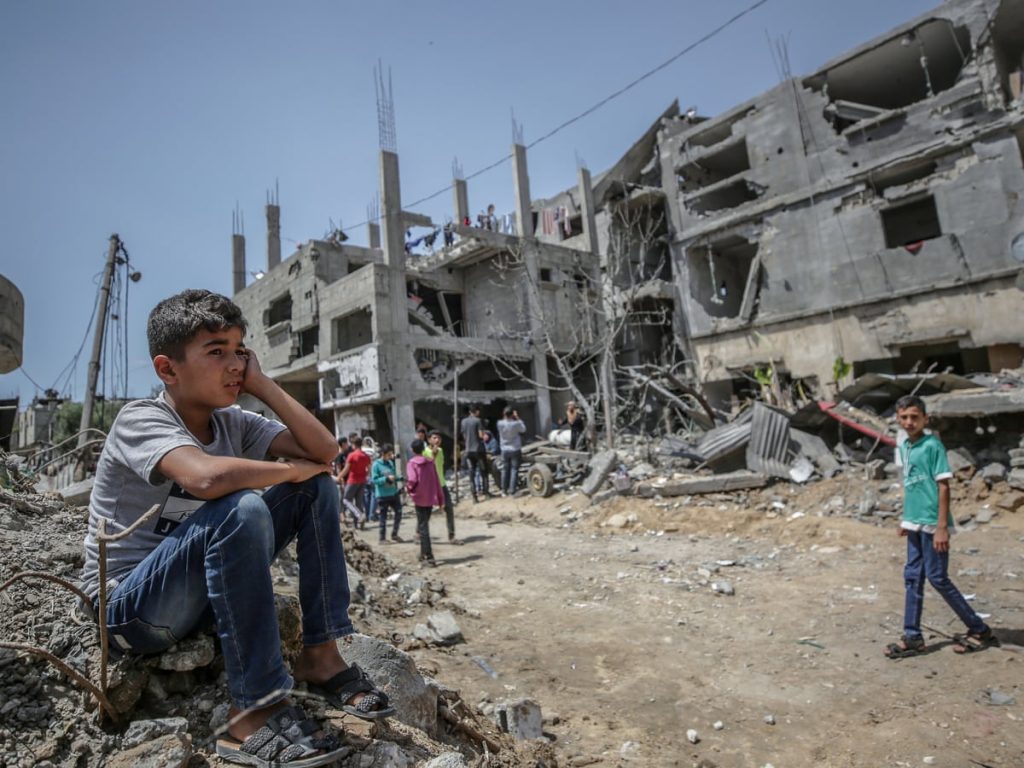
According to the Geneva Conventions, journalists are considered civilians and are afforded protection from deliberate attacks. Targeting them is a blatant disregard for the principle of distinction, which requires parties to distinguish between combatants and civilians, and the principle of proportionality, which mandates that military actions must not cause excessive harm to civilians.
Furthermore, the International Covenant on Civil and Political Rights (ICCPR) safeguards the right to freedom of expression and prohibits censorship or interference with the media’s ability to report on events of public interest. By silencing journalists through violence and intimidation, Israel not only violates its obligations under the ICCPR but also undermines the public’s right to access information and hold governments accountable.
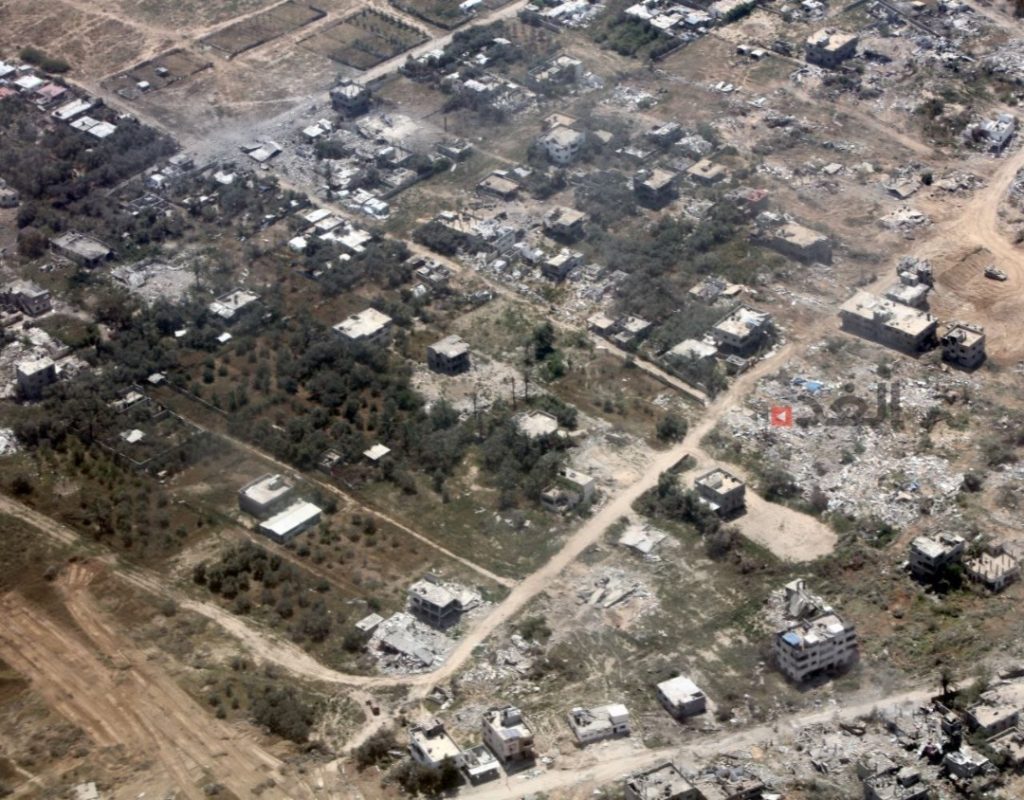
The targeting of journalists also has broader implications for the role of the media in democratic societies. Journalists serve as watchdogs, providing crucial oversight of government actions and ensuring transparency in times of crisis. When they are silenced or eliminated, the public is deprived of vital information, and democratic norms are eroded.
In response to these atrocities, the international community must condemn Israel’s actions and demand accountability for the perpetrators. It is imperative that thorough investigations be conducted into each case of journalist killings, and those responsible be held accountable under both domestic and international law.
Additionally, measures must be taken to ensure the protection of journalists operating in conflict zones, including providing training, equipment, and support to enhance their safety. Journalists must be allowed to carry out their duties without fear of reprisal, as their work is essential for upholding the principles of democracy and human rights.

As the death toll of journalists and media personnel continues to rise amidst the Gaza siege, the world must not remain silent. Each life lost is a reminder of the critical importance of press freedom and the urgent need to safeguard it, even in the face of adversity and conflict.
